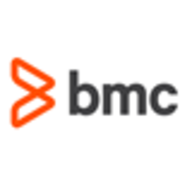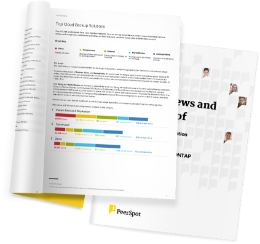Using BMC Data Management for IMS and DB2 on z/OS has greatly improved our database administration tasks. Although we don't test the database before production, we have experienced benefits in disaster recovery situations and capacity management. For instance, when facing capacity issues during peak transaction times, I've been able to quickly allocate additional resources to ensure smooth operations. This has been crucial, especially during times when the demand surges, such as peak flight hours.




